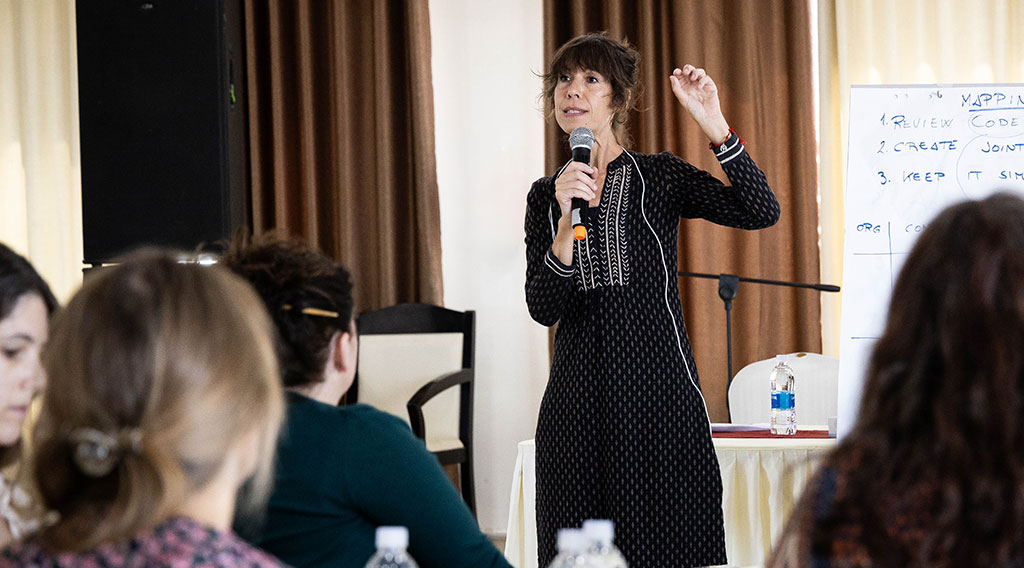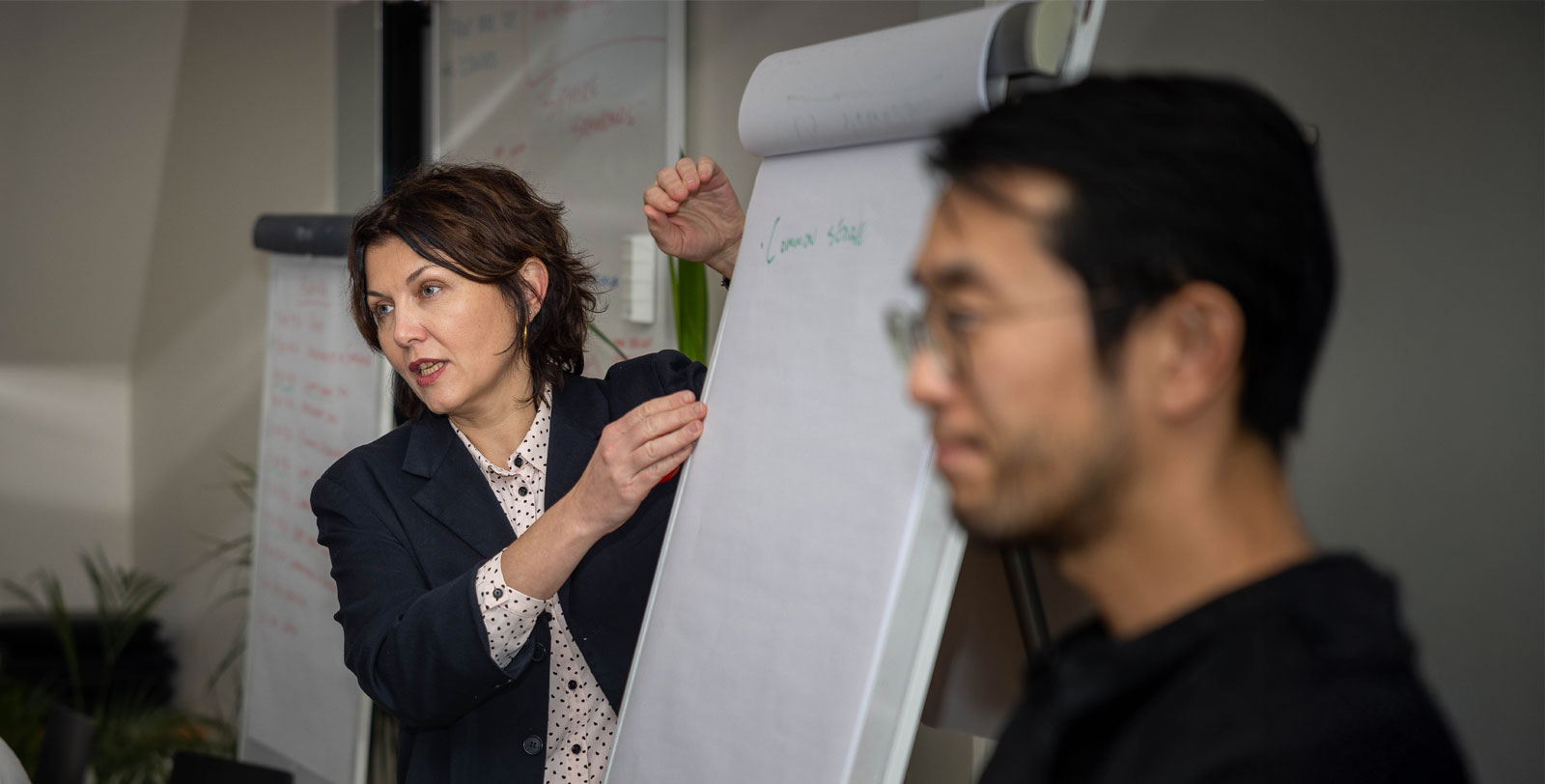

QualityRights training: Promoting quality, human rights, and recovery in mental health
The care available in mental health services around the world is not only of poor quality but in many instances violates human rights and hinders recovery. The level of knowledge and understanding of the rights of people with psychosocial, intellectual, and cognitive disabilities is very poor among staff. Inhuman and degrading treatment is common, and people in mental health services are often stripped of their dignity and treated with contempt. Violations are not restricted to inpatient and residential services; many people seeking care from outpatient and community care services are disempowered and also experience extensive restrictions to their basic human rights.
In the wider community, people with psychosocial, intellectual, and cognitive disabilities are denied many basic rights that most people take for granted. For example, they are denied opportunities to live where they choose, marry, have families, attend school, and seek employment. There is a commonly held, yet false, assumption that they lack the capacity to assume responsibility, manage their affairs and make decisions about their lives. These misconceptions contribute to their ongoing marginalization, disenfranchisement, and invisibility within communities.
In humanitarian settings, despite a growing recognition of the crucial role of Mental Health and Psychosocial Support in caring for the psychosocial impact of conflict, natural hazards, and public health emergencies, and in contributing to the impact of the broader humanitarian assistance, MHPSS is still poorly resourced and not adequately integrated. In addition, those with mental health conditions and in institutions are often left behind and have no access to humanitarian assistance.
A new paradigm is required, in which services, the community and all sectors engaged in MHPSS promote recovery and emphasize the key elements of autonomy and participation of people with psychosocial, intellectual, and cognitive disabilities in all aspects of their healthcare and private lives.
In response, WHO has created the QualityRights Initiative, a new project to unite and empower people to improve the quality of care in mental health and related services and to promote the rights of people with psychosocial, intellectual, and cognitive disabilities.
The IFRC Psychosocial Centre is providing a 5-days training on the core training modules of QualityRights, to familiarise participants with the concepts of mental health, disability, human rights, recovery, and the CRPD.
Modules covered are:
- Human rights. WHO QualityRights Core training – for all services and all people
- Mental health, disability, and human rights. WHO QualityRights Core training – for all services and all people
- Legal capacity and the right to decide. WHO QualityRights Core training: mental health and social services
- Recovery and the right to health. WHO QualityRights Core training: mental health and social services
- Overview of further modules and strategic planning for implementation
Dates, deadlines, and other important information:
The training takes place in Copenhagen from 19 to 23 May 2025. Each day of the training will be from 09.00-17.00 hrs CEST.
Participants must be able to participate in the entire training, arriving the night before and departing from the training venue no earlier than 5 pm on the last day of training with the earliest possible flight out of Copenhagen at 8 pm.
The training is interactive and problem-based with practical exercises, group work, and case studies. Participants must be fluent in written and oral English to be able to engage actively in the course, which is a requirement to pass the training successfully.
For questions, please write to psacademy@rodekors.dk
Participants are expected to:
- Actively participate in all sections and tasks related to the training. Specifically:
- done the required pre-reading
- at least 80% attendance during the training
- participated actively during the training.
- Have a background in education, social work, psychology, psychiatry, mental or public health, humanitarian or developmental sciences, or similar fields.
Deadline for application
Applications will be accepted on a rolling basis, with a deadline of Sunday 26 January 2025.
Please note that we only accept applications submitted through the online system: https://survey.rodekors.dk/LinkCollector?key=3AZA6GYLLJ1J
Please identify the specific visa requirements to Denmark: New to Denmark – You want to apply
Cost
There is no training fee. Participants cover their own expenses for travel, accommodation, and other expenses. Lunch and snacks and one social dinner will be provided during the training.
Required pre-reading and training:
Universal Declaration of Human Rights, Illustrated edition, 2015
Organizer
MHPSS Hub
Date
- May 19 - 23 2025
- Expired!
Time
- 9:00 AM - 5:00 PM
Location
Related Events


